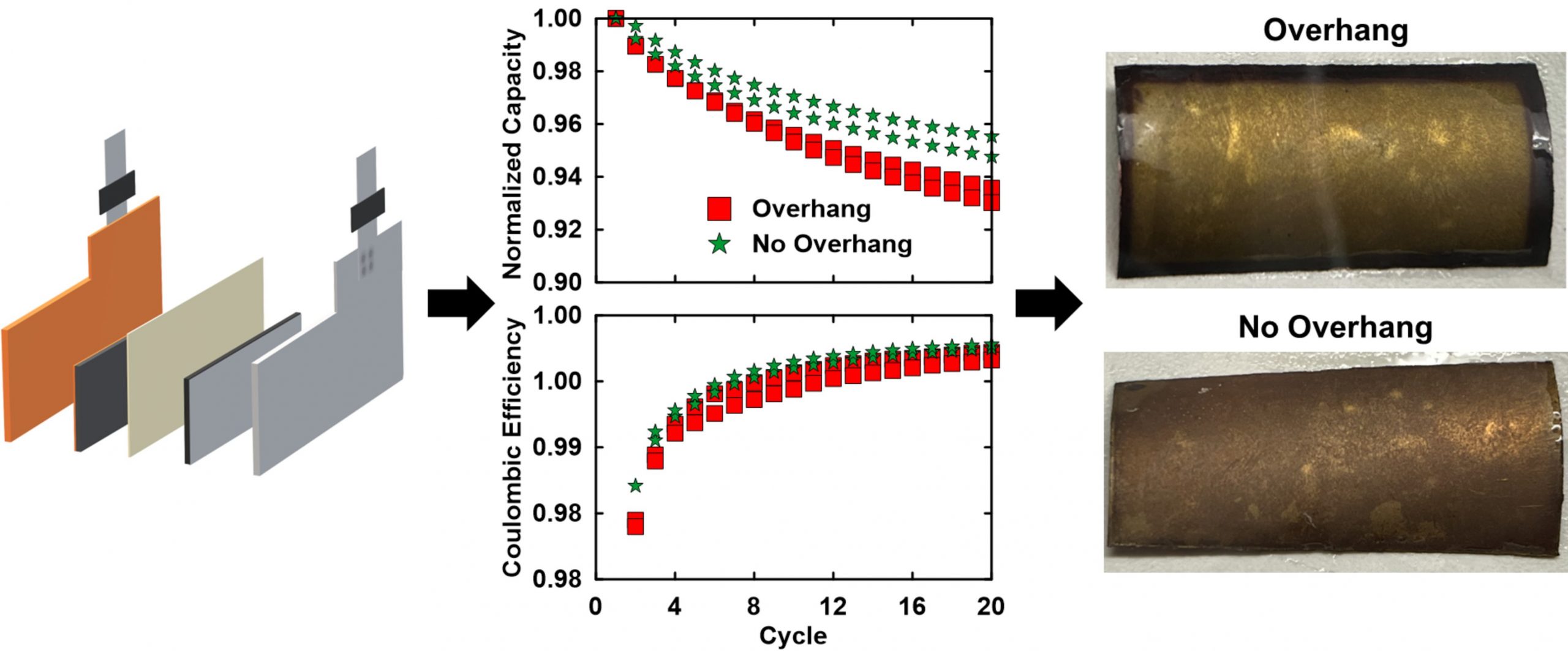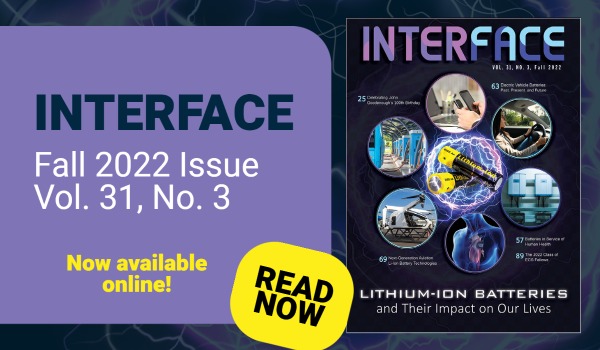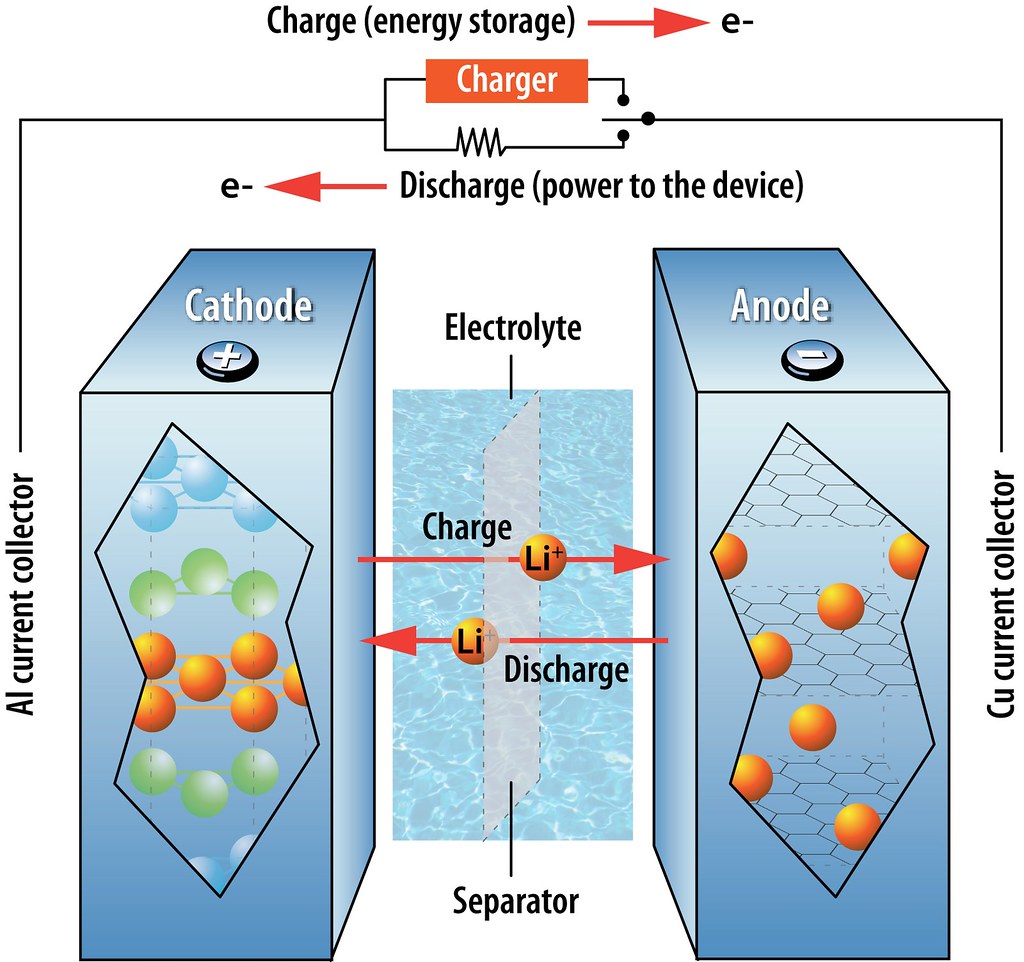North American Workforce Needs Assessment Seeks Li-ion Industry Feedback
Posted on October 26, 2023 by ECS Staff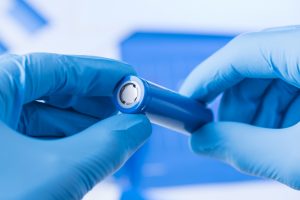 The Center for Automotive Research (CAR) is conducting the Workforce Skills Assessment of the North American Lithium Ion (Li) Battery Industry in October and November 2023. CAR seeks input from individuals and companies to provide important insights about the skills and training needs for current and future employees.
The Center for Automotive Research (CAR) is conducting the Workforce Skills Assessment of the North American Lithium Ion (Li) Battery Industry in October and November 2023. CAR seeks input from individuals and companies to provide important insights about the skills and training needs for current and future employees.
The assessment’s goal is to gain a better understanding of the evolving employment needs within companies across the battery industry and identify any skills gaps that may be supported by further training and education.
Feedback from knowledgeable individuals is needed. Please click here to access the assessment.* Submissions are accepted until November 3 at 1700h EST.
Focus Issue on Journey of Lithium-Ion: Performance, Safety, and Lifespan
Posted on March 27, 2023 by Beth Schademann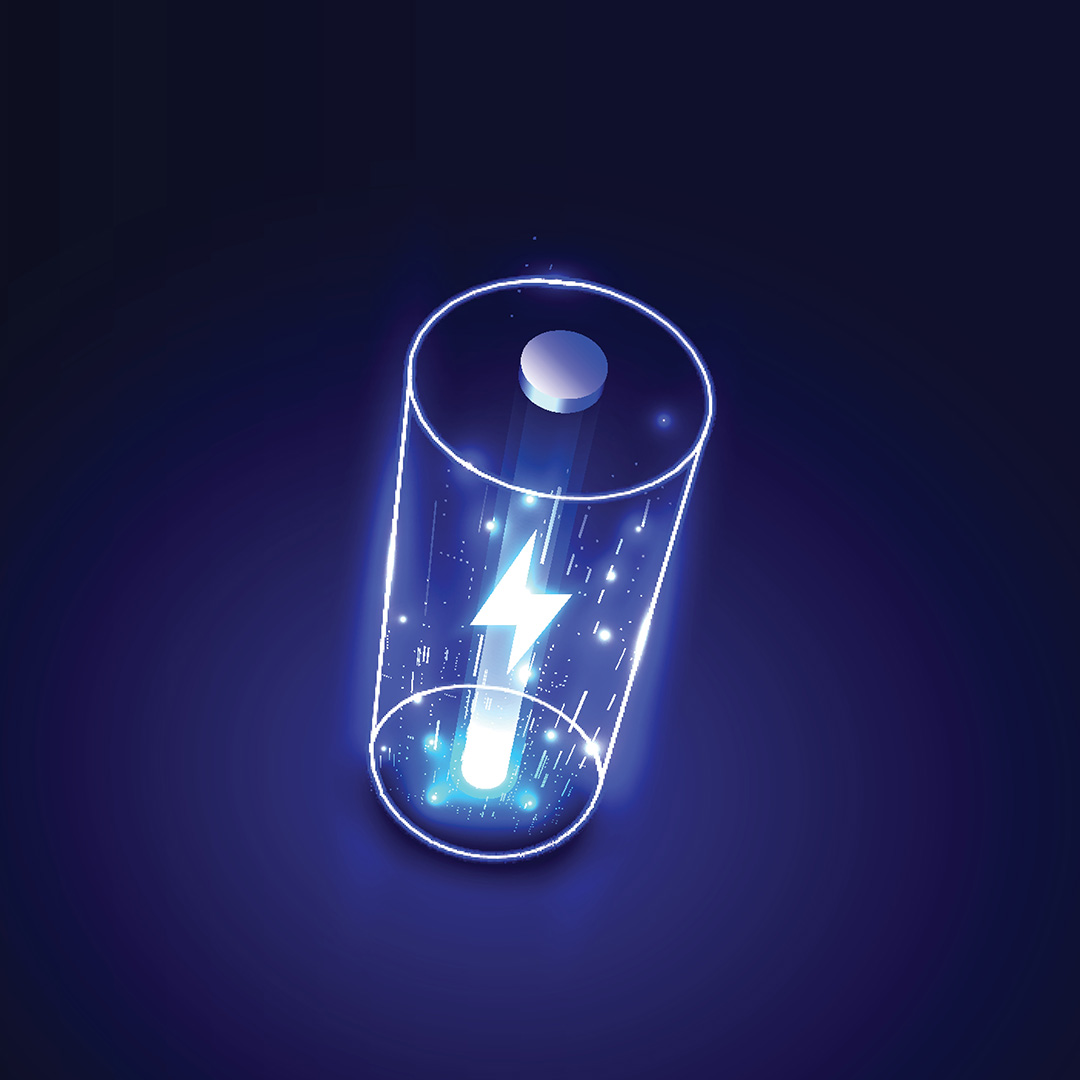 The Journal of The Electrochemical Society, in collaboration with Electrochemical Safety Research Institute (ESRI), UL Research Institutes, is publishing a focus issue titled Journey of Lithium-Ion: Performance, Safety, and Lifespan. The Electrochemical Safety Research Institute (ESRI)—one of five UL Research Institutes—conducts fundamental scientific research to understand the safety and performance of energy technologies.
The Journal of The Electrochemical Society, in collaboration with Electrochemical Safety Research Institute (ESRI), UL Research Institutes, is publishing a focus issue titled Journey of Lithium-Ion: Performance, Safety, and Lifespan. The Electrochemical Safety Research Institute (ESRI)—one of five UL Research Institutes—conducts fundamental scientific research to understand the safety and performance of energy technologies.
In recent years, renewable energy technologies have emerged as one of the highest priority solutions to climate change. But they also present very real risks; for example, key chemicals inside lithium-ion batteries pose life-threatening harm if they aren’t manufactured, stored, and recycled correctly. Our scientists explore the safety and performance limits of storage batteries and other renewable energy technologies and investigate how we can overcome those limits safely. Through our discovery-driven research, we innovate, test, model, and lay the foundation for electrochemical energy storage that is reliable and safe. (more…)
Special issue focuses on lithium-ion batteries and their impact on our lives
The ECS Interface fall 2022 issue is now available to read online. The issue is guest edited by Gary M. Koenig Jr. and Nian Liu.
As always, Interface Editor Rob Kelly invites you to enjoy the issue’s special features and news.
ECS Webinar: Application of Electrochemical Impedance Spectroscopy in Lithium Ion Batteries
Posted on June 30, 2021 by Frances ChavesChockkalingam (Chock) Karuppaiah
Founder and Chairman, Vetri Labs, U.S.
Chief Technology Officer, Ohmium, U.S.
Date: July 14, 2021
Time: 1300h ET
Sponsor: Gamry Instruments & Hiden Analytical
Be it improving energy density or cycle life or reducing cost, understanding the failure modes of batteries in a non-destructive mode is critical during the design, product development, and manufacturing of lithium ion batteries. Electrochemical impedance spectroscopy (EIS) provides the ability to access and decouple the failure modes based on the processes’ time scale. Analysis of recorded EIS can be done either through phenomenological modelling or equivalent circuit modelling, with each having its own pros and cons.
This webinar reviews the basics of applying EIS for understanding the phenomena in lithium ion batteries, the experimental details and protocols, and the types of models with a few case studies. (more…)
 On June 17, 2020, Dr. Arumugam Manthiram, winner of the 2020 Henry B. Linford Award for Distinguished Teaching, presented his talk on “Intricacies of High-Energy Cathodes for Lithium-Ion Batteries” via a live webinar presentation.
On June 17, 2020, Dr. Arumugam Manthiram, winner of the 2020 Henry B. Linford Award for Distinguished Teaching, presented his talk on “Intricacies of High-Energy Cathodes for Lithium-Ion Batteries” via a live webinar presentation.
Dr. Manthiram’s talk covered the fundamental science behind the development of high-energy density cathodes for lithium-ion batteries in the 1980s, the richness and complexity of layered oxide cathodes for lithium-ion batteries, and exposure to a perspective on high-energy, long-life, safe lithium-ion batteries.
View Dr. Manthiram’s webinar presentation, here.
Following the talk, attendees were given the opportunity to ask Dr. Manthiram questions in a Q&A session, available below. (more…)
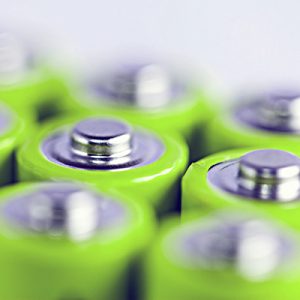 Batteries—they’re all around us, from everyday items like cellphones and laptops to life-saving medical devices and environmentally-friendly electric vehicles. So, who are the people behind the batteries that continue to impact and improve our daily lives?
Batteries—they’re all around us, from everyday items like cellphones and laptops to life-saving medical devices and environmentally-friendly electric vehicles. So, who are the people behind the batteries that continue to impact and improve our daily lives?
According to Research Interfaces, the following are the 10 lithium-ion battery researchers to watch. (more…)
 ECS is hosting a series of webinars presented by distinguished speakers this June. Join us! Speakers include Harry Atwater from the California Institute of Technology, Arumugam Manthiram from the University of Texas at Austin, and Paul Kenis from the University of Illinois at Urbana-Champaign. Topics include batteries, energy, carbon, and more. Considering attending? Learn more about what you can expect to hear about from our presenters! (more…)
ECS is hosting a series of webinars presented by distinguished speakers this June. Join us! Speakers include Harry Atwater from the California Institute of Technology, Arumugam Manthiram from the University of Texas at Austin, and Paul Kenis from the University of Illinois at Urbana-Champaign. Topics include batteries, energy, carbon, and more. Considering attending? Learn more about what you can expect to hear about from our presenters! (more…)
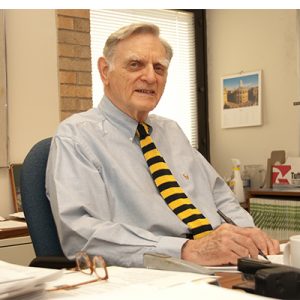 “Good enough” are just words in his last name, but not ones John B. Goodenough seems to live by. The 97-year-old, widely referred to as the “father of the lithium-ion batteries,” continues to awe the battery field. According to IEEE Spectrum, the 2019 Nobel Prize winner recently co-developed a rapid-charging, non-flammable, glass battery.
“Good enough” are just words in his last name, but not ones John B. Goodenough seems to live by. The 97-year-old, widely referred to as the “father of the lithium-ion batteries,” continues to awe the battery field. According to IEEE Spectrum, the 2019 Nobel Prize winner recently co-developed a rapid-charging, non-flammable, glass battery.
The high capacity battery charges in “minutes rather than hours,” according to Maria Helena Braga, professor of engineering at the University of Porto in Portugal, who worked with Goodenough to develop the solid state lithium rechargeable which uses a glass doped with alkali metals as the battery’s electrolyte. In addition, the solid state electrolyte is not flammable and preforms in both cold and hot weather. (more…)
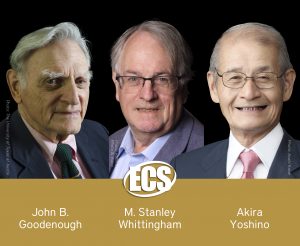 The Electrochemical Society honors 2019 Nobel Chemistry Prize laureates, John B. Goodenough, M. Stanley Whittingham, and Akira Yoshino, by the launch of a new collection highlighting their scientific contributions published by ECS. In addition, ECS recognizes their contributions in the winter 2019 issue of Interface, now available online.
The Electrochemical Society honors 2019 Nobel Chemistry Prize laureates, John B. Goodenough, M. Stanley Whittingham, and Akira Yoshino, by the launch of a new collection highlighting their scientific contributions published by ECS. In addition, ECS recognizes their contributions in the winter 2019 issue of Interface, now available online.
Goodenough, Whittingham, and Yoshino have been deeply involved with The Electrochemical Society—as members, authors, editors, fellows, meeting participants and organizers, awardees, and more. Their publications with ECS, to varying degrees, trace the history of the development of the Lithium-ion battery, the revolutionary invention for which they shared the 2019 Nobel Prize in Chemistry. (more…)


